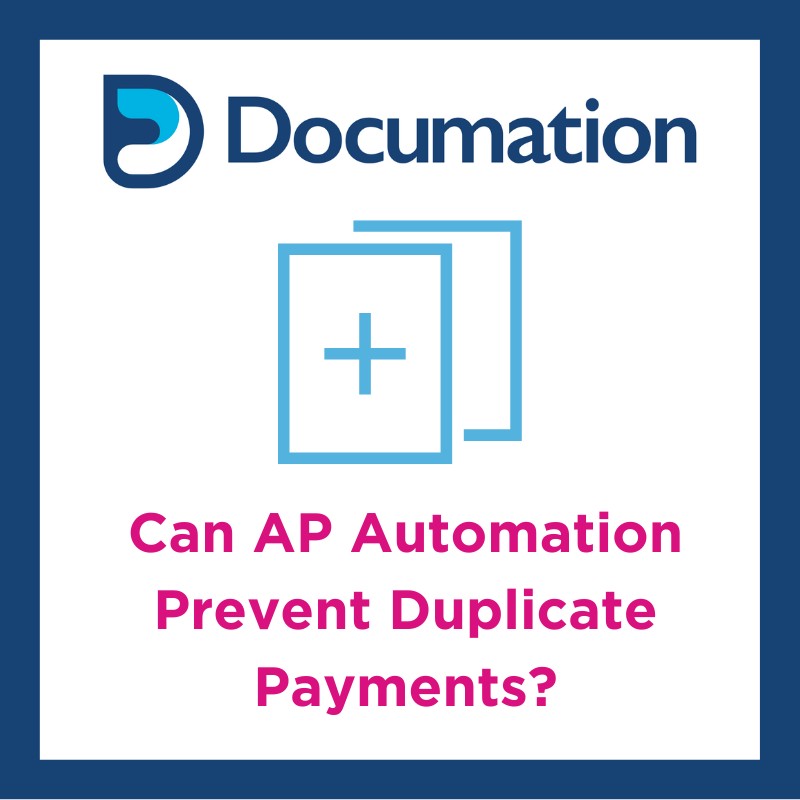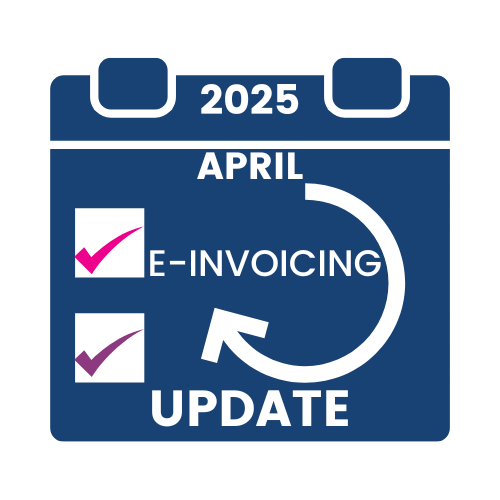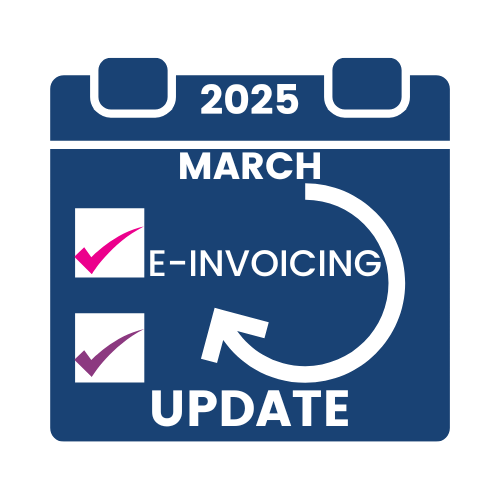Is Preventing Duplicate Payments Possible Through AP Automation?
AP (Accounts Payable) automation can significantly reduce the risk of duplicate payments. Verification at data capture point can flag potential duplicates by cross-referencing invoice numbers, vendor details, and payment amounts.
Additionally, automation streamlines the entire AP process, reducing the likelihood of human error that often leads to duplicate payments, from manual data input to mismatching purchase orders and lack of vendor validation. Automated workflows can include approval processes, vendor validation, and matching invoices with purchase orders and GRNs further minimising the chance of duplicates slipping through. Overall, AP automation not only increases efficiency, but also strengthens controls to prevent duplicate payments.
In this article, we delve deeper into how duplicate payments can occur within AP, why prevention is important and the different ways automation can stop duplicate payments.
What is a Duplicate Payment and How Can They Occur Within AP?
A duplicate payment refers to the issuance of two or more payments for the same invoice or transaction. This can happen within the Accounts Payable process due to various reasons.
Manual Errors
Human errors such as data entry mistakes, double-clicking on payment submission, or overlooking previous payments can lead to duplicate payments.
System Glitches
Technical issues or glitches within the finance system may cause duplicate payments to be processed inadvertently.
Vendor Mistakes
Vendors may resubmit invoices or payment requests, resulting in duplicate payments if not properly verified.
Poor Communication
Inadequate communication between departments or employees responsible for processing payments can lead to duplicate payments when multiple individuals process the same invoice.
Lack of Controls
Absence of proper controls, such as invoice matching with purchase orders (POs) or payment approval workflows, can increase the likelihood of duplicate payments slipping through the AP process.
Fraudulent Activities
In some cases, duplicate payments can be the result of fraudulent activities, where individuals exploit weaknesses in the AP process to siphon off funds.
Implementing AP automation can address many of these issues by introducing validation checks, automated approval workflows, and reconciliation processes to detect and prevent duplicate payments. Additionally, maintaining clear communication with vendors and enforcing stringent controls can further reduce the risk of duplicate payments.
5 Ways AP Automation Can Prevent Duplicate Payments
1. Invoice Matching
AP automation solutions automatically match incoming invoices with purchase orders and receipts, flagging any discrepancies that could indicate a potential duplicate payment. This ensures that payments are only processed for valid, authorised transactions.
2. Vendor Validation
By integrating with a centralised database of approved vendors, known as Master Vendor Data, AP automation solutions can access essential details including VAT numbers, addresses, and payment information. Any new invoices or payment requests can be cross-referenced with this database to verify the vendor’s identity and prevent duplicate payments to unauthorised or fraudulent entities.
3. Payment Approval Workflows
AP automation allows organisations to set up customisable approval workflows for payments based on the business rules of the organisation. Invoices must pass through predefined approval stages before being processed, often with delegated authority to prevent internal fraud, reducing the risk of duplicate payments by ensuring that each invoice is reviewed and authorised by the appropriate personnel.
4. Real-time Monitoring
AP automation solutions provide real-time visibility into payment status and transaction history. This allows organisations to quickly identify and investigate any instances of duplicate payments, enabling timely resolution and preventing further occurrences.
5. Audit Trails
Through AP automation solutions, detailed audit trails are maintained for each payment activity, including the stages of invoice receipt, its approval, and the final processing. These audit trails provide a clear record of each transaction, making it easier to trace the source of any duplicate payments and implement measures to prevent similar issues in the future.

Why is Preventing Duplicate Payments Important?
Preventing duplicate payments is crucial for maintaining financial accuracy, safeguarding company resources, and ensuring trust in financial transactions by avoiding unnecessary expenses and promoting operational efficiency – preventing duplicate payments is crucial for several reasons…
Cost Savings
The occurrence of duplicate payments forces organisations to incur needless expenses, straining their budgets. By preventing duplicates, organisations can save significant amounts of money that can be allocated to other business priorities.
Vendor Relationships
Duplicate payments can strain relationships with vendors, as they may experience delays in receiving payments or confusion regarding the status of their invoices. Maintaining accurate and timely payments fosters trust and strengthens relationships with suppliers and vendors.
Operational Efficiency
Dealing with duplicate payments consumes valuable time and resources for accounts payable teams. By preventing duplicates, organisations can streamline their AP processes, freeing up staff to focus on more strategic tasks and improving overall operational efficiency.
Financial Reporting Accuracy
Duplicate payments can distort financial records and reporting, leading to inaccuracies in budgeting, forecasting, and financial analysis. By ensuring that payments are recorded accurately, organisations can maintain the integrity of their financial data and make informed business decisions.
Compliance and Audit-ability
The occurrence of duplicate payments can lead to concerns over regulatory compliance and become a focal point for auditors, indicating possible procedural weaknesses. By implementing controls to prevent duplicates, organisations can demonstrate their commitment to financial integrity and compliance with regulatory requirements.
Overall, preventing duplicate payments is essential for safeguarding financial resources, maintaining vendor relationships, optimising operational efficiency, ensuring financial reporting accuracy, and demonstrating compliance with regulatory standards.





